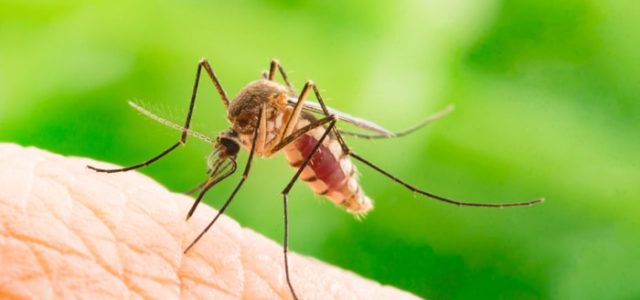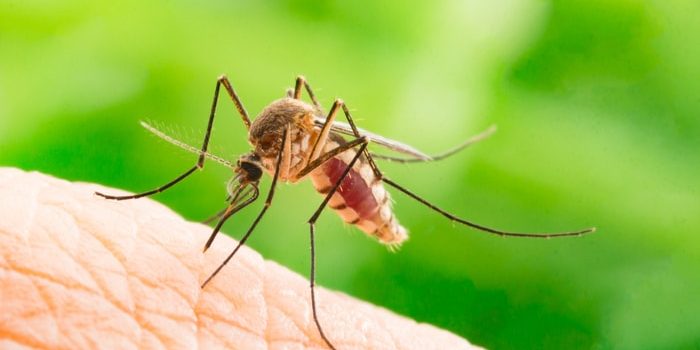


Researches based in London have used new technology to determine a way to wipe out the mosquitoes that carry malaria. The female Anopheles mosquito, in particular, is the carrier of Plasmodium, a single-celled parasite that causes malaria. We now have access to a “gene drive” that could wipe out malaria carrying mosquitoes. The question is: should we?
Should we Destroy Mosquitoes to Wipe out Malaria?
CRISPR and Gene Editing
CRISPR technology, first discovered in 2012, was touted as a revolution in genetic studies. The technology is so advanced, in fact, that we’re still learning about it seven years after its creation. Essentially, the CRISPR is like a pair of genetic scissors that allow scientists to unzip genes, rewrite them, and then zip them back together.
Editing genes like this has been tremendously helpful in modifying food sources and crop yields. This is the real-world equivalent of cracking open the source code of a video game. We’re now capable of altering life at its most basic level, rearranging living organisms from their very DNA.
Gene Drive
The Gene Drive is a type of selfish gene that tricks replicators in cells to make it appear much more often than in 50% of offspring. Gene Drives can rapidly propagate through a species, and lab studies have shown that some engineered Gene Drives can cause 100% exposure in a population in as little as seven generations.
For species like mosquitoes, who have very short reproductive cycles, those seven generations can occur very quickly. As for stopping the spread of malaria, that’s where things get a little sinister. One of the genetic modifications scientists have discovered in Anopheles mosquitoes allows a “switch” to be flipped that causes the female of the species to become unable to reproduce or suck blood.
Ethics
In short, we’ve developed a self-propagating mosquito kill-switch. In theory, this could visit a Biblical plague on a plague carrier. The question remains: should we? Who are we to decide that a species of insects deserves to die so that we don’t? Certainly, the lives of children who die from malaria are worth more than that of a mosquito. But it’s still an odd thought: wiping out an entire species at the flip of a switch.
There are other concerns with this technology, as well. If it isn’t perfected, it could cause unforeseen damage to the local ecology. Scientists see a need to tread carefully here. Once the cat is out of the bag, it’ll be impossible to get back in. Extinction is a one-way street.










